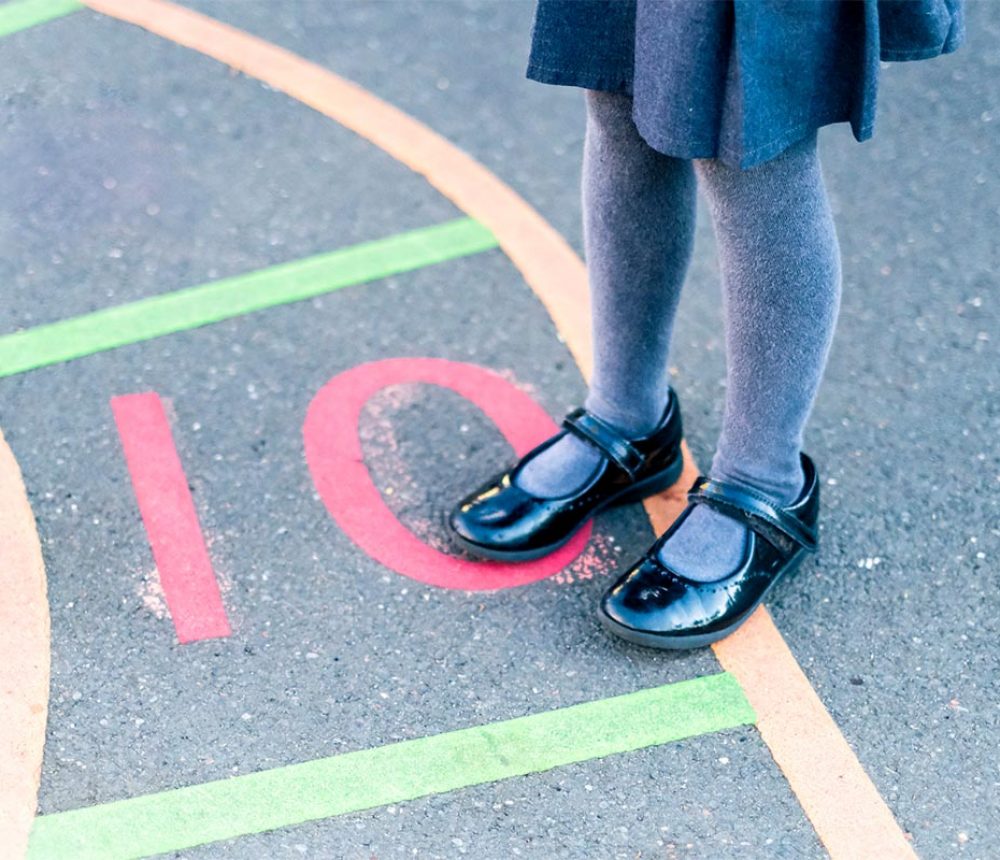
Everyone at one stage of their life is a student. We take part in some form of education whether we like it or not. Unfortunately, not all students have an easy time throughout this process. That may be because they don’t find the work easy, they get bullied, and many other reasons. These reasons can lead to anxious feelings and the fear of attending school. Parents worry about these factors inhibiting their child’s education and experience in school. School can be just as nerve wracking for the parents.
The end of summer holidays and the time leading up to the beginning of September can be a stressful time for a parent, it’s the time where you’re preparing your child for a new year. Have they got all the stationary they’ll need? Do they have the correct uniform? Do their school shoes fit? The list is endless. But, it’s not just the pupil’s and parents who experience stress.
Research has shown that the most common feelings amongst teachers were: anxiety, fear, worry, overwhelmed, and sad. Why do teachers feel like this?
There can be many reasons as to why a teacher may feel anxious or sad. The nature of the job is isolating for an adult. Spending majority of their day talking to children and limited time with adults can leave an individual feeling unsupported.
The drive and overwhelming care one has to support and push a child to succeed in all they do is inspiring. Yet, teachers put an unrealistic pressure on themselves to pursue this. Teachers also naturally take on the role of being a pupil’s confidant. This can be an uneasy situation to be in. A situation which can lead to extra feelings of worry for that person.
Teachers must take time for themselves. To step aside from school and care for their own mental and physical wellbeing, as hard as it may seem. Learning techniques to destress for anybody is important, and even more so when you can transfer the techniques on to another individual, i.e. a student.
De-stressing techniques:
Breathing exercises
Exercise – take a walk during lunch.
Meditation – 10 minutes to sit down, focus on you and your breathing. (with essential oils or not).
Ask for help – somebody is always there to help.
Break down whatever you have to do into smaller tasks.
Give yourself permission to do absolutely nothing for 5 minutes.
The feelings of stress can be exhausting, your mind is on overdrive. Whether you’ve had a hard day of classes or a parent who works all day on top of parenting, or a teacher who has had a good or bad day, you finish the day tired. We crave that good night’s sleep after a long day. We want our bed to rejuvenate us, to refresh us for the following day. A place we go to rest up and for our worries to absorb into the mattress. De-stressing techniques can also help our mind switch off, to enable us to sleep well. We’d recommend reading before bed, with an essential oil diffusing in the background. An oil which is going to alleviate stress, or encourage a restful sleep. Reading has shown to relax your muscles, leaving you calmer ready for bed.
Disclaimer: Our products are not intended to prevent, treat or cure any disease or serious illness. If you have any health concerns please contact your doctor or pharmacist.
© 2022 TRELONK